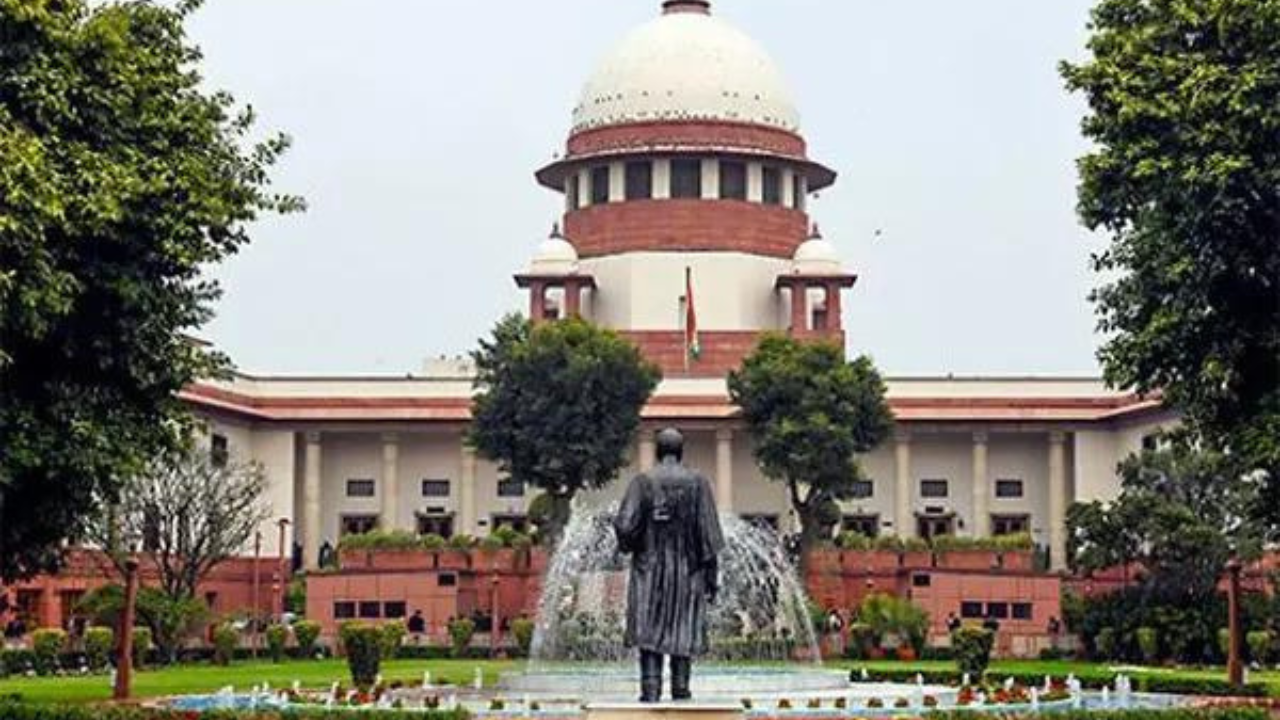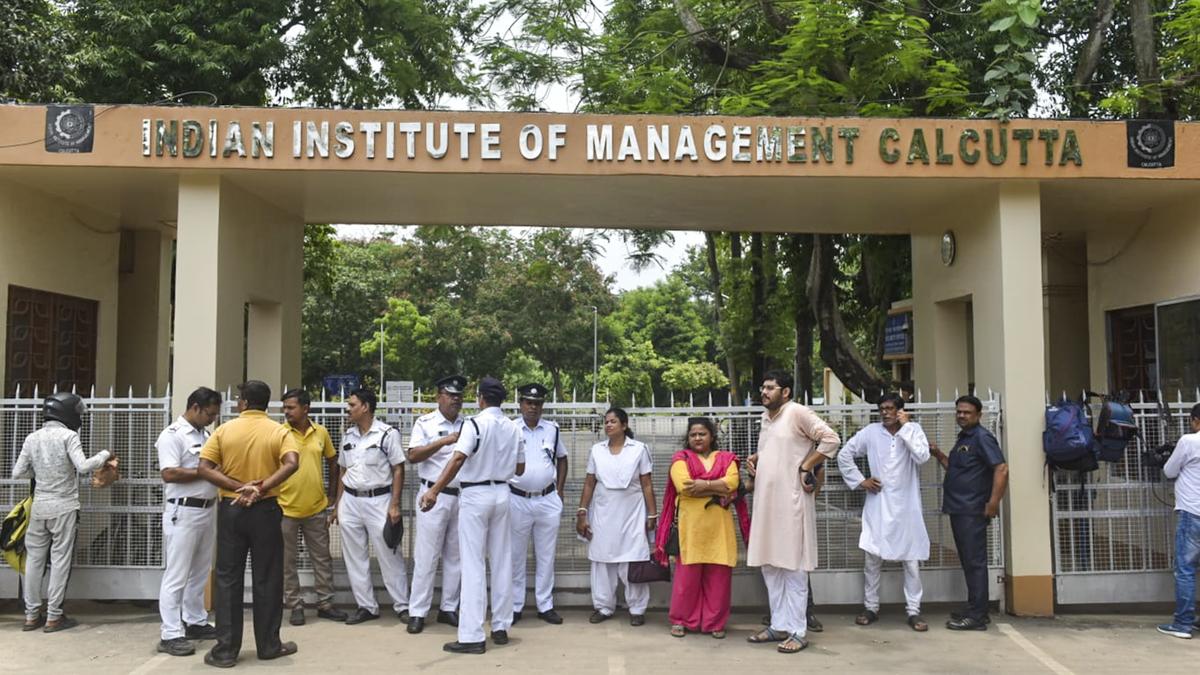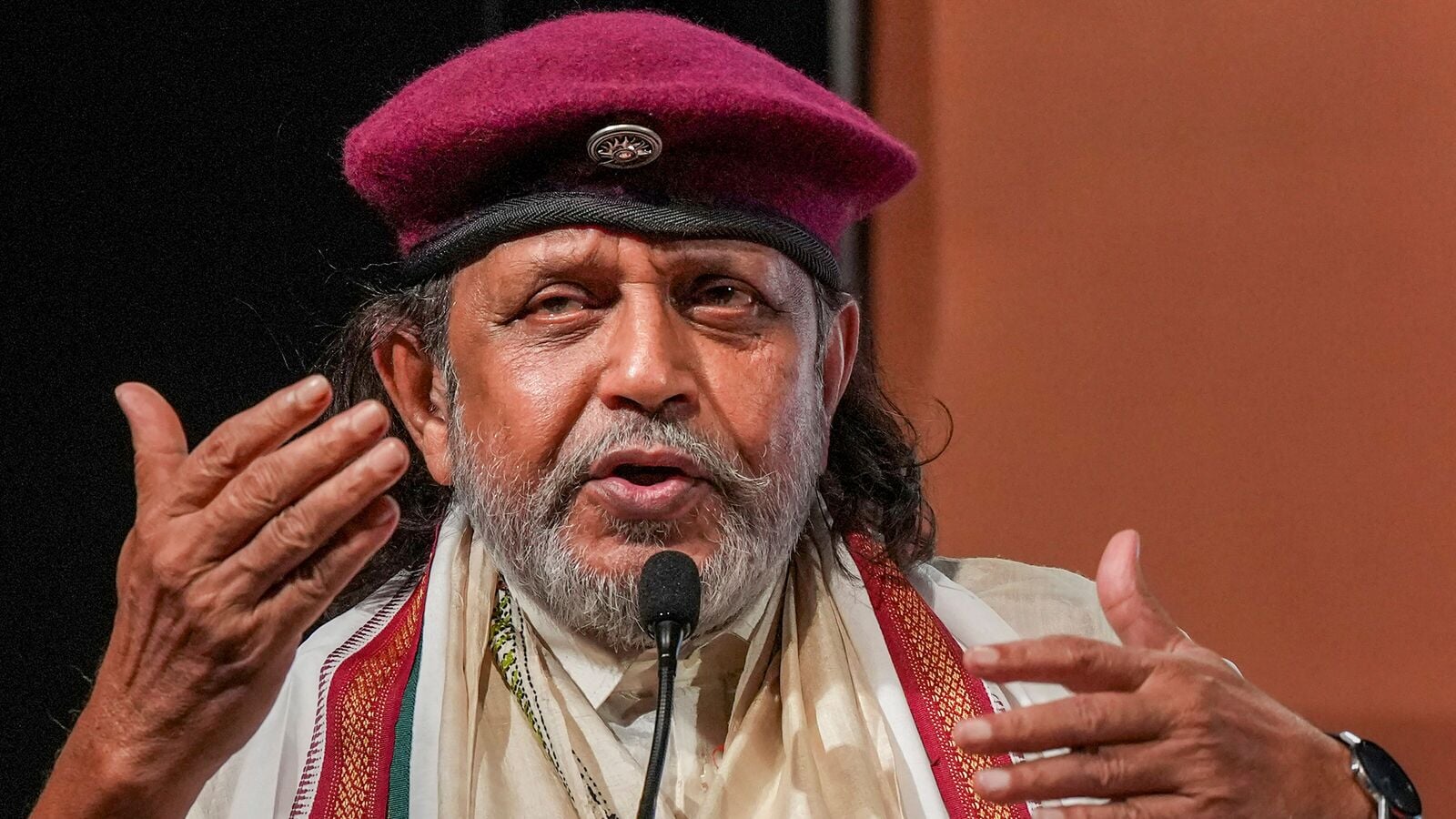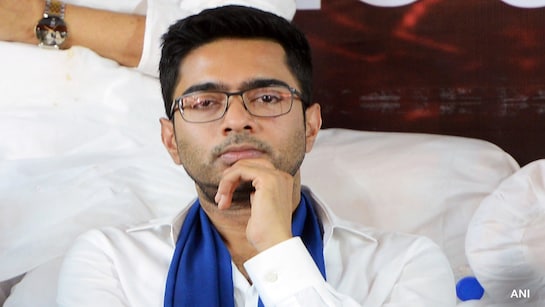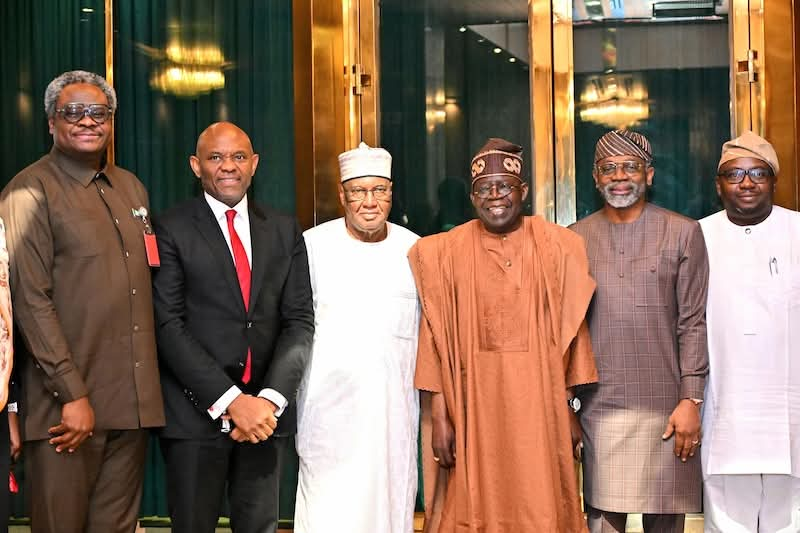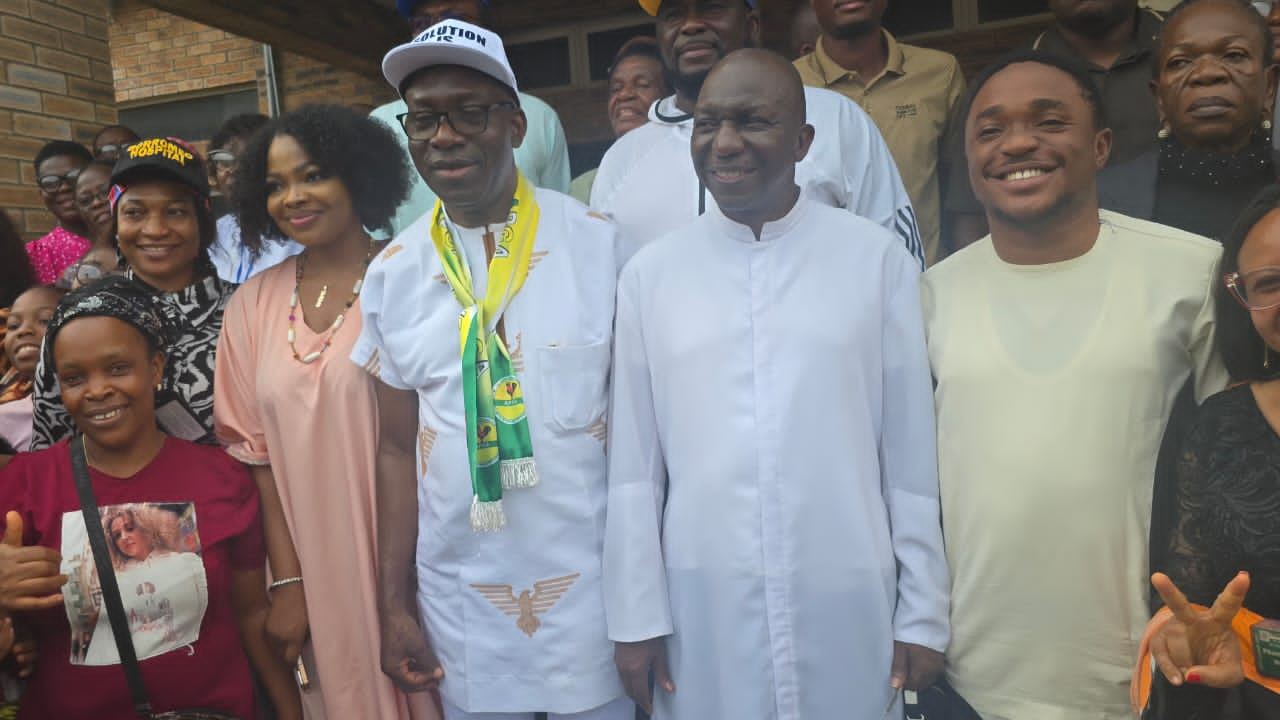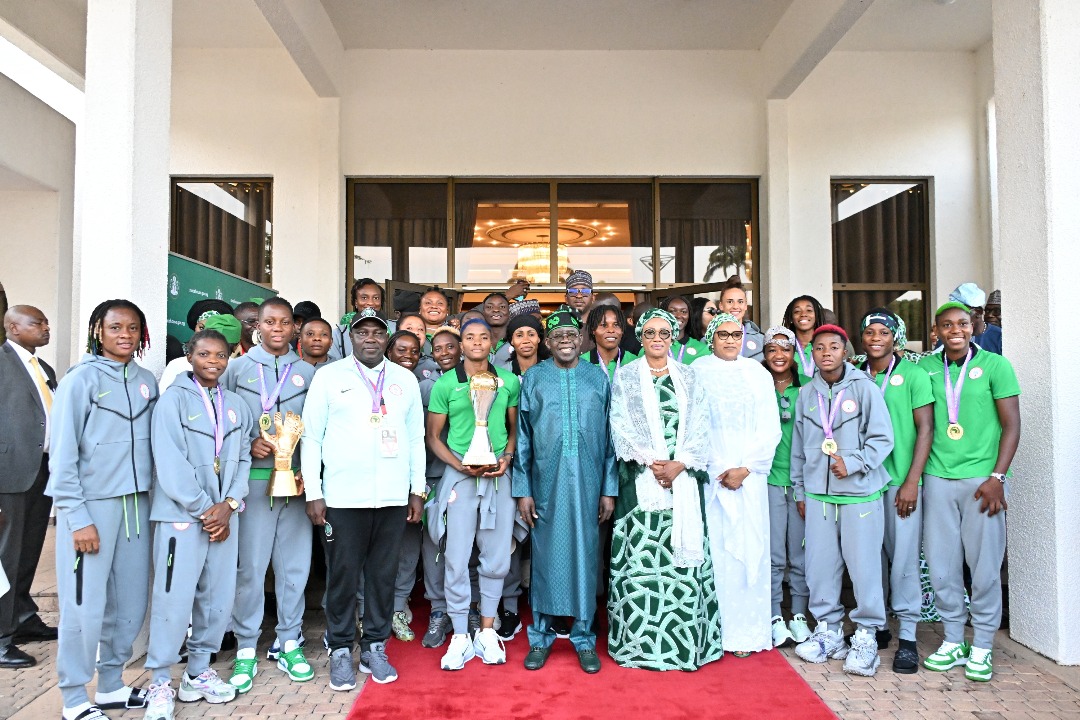The controversy stems from a June 17 ruling by the Calcutta High Court, which had effectively blocked the state government’s notification on the new OBC list. The list, compiled by the State Backward Classes Commission, sought to recognize 77 tribes as OBCs. However, in May 2024, the High Court had dismissed the state’s attempt to include these 77 tribes in the OBC category, nullifying about 12 lakh OBC certificates issued since 2010. This verdict had triggered widespread unrest and confusion, particularly within the ruling party, which faced significant political pressure from various OBC groups.
At the heart of the legal dispute is the contention over whether the executive can independently issue OBC lists or whether the approval of the legislature is required. The Calcutta High Court had asserted that only the legislature had the authority to approve the OBC list, raising concerns that the executive’s action might not comply with constitutional provisions. This decision led to the state government filing a Special Leave Petition in the Supreme Court, seeking an urgent stay on the High Court’s order.
Advocate Kapil Sibal, representing the state government, pressed the Supreme Court for an immediate intervention, citing the disruption caused by the High Court’s ruling. He argued that the stay had halted numerous appointments and promotions, leaving several government operations in limbo. Moreover, Sibal pointed out that the High Court had initiated contempt proceedings against the state, which had only exacerbated the situation.
In Monday’s hearing, Chief Justice Gavai expressed surprise at the High Court’s decision, questioning how the court could impose a stay on an executive function. He emphasized that executive instructions were sufficient for providing reservations, and there was no requirement for new legislation to implement the OBC list. CJI Gavai remarked, “How can the High Court stay like this? Reservation is part of executive functions. This is settled law right from the Indira Sawhney case – the executive can do it.”
In his argument, Sibal clarified that the state had followed due process by conducting a fresh survey and engaging the State Backward Classes Commission. He rejected the High Court’s claim that the state had not followed proper procedures. The state, he said, had already taken steps to rectify previous errors by conducting a fresh exercise for the identification of OBCs.
Despite objections from Senior Advocates Ranjit Kumar and Guru Krishnakumar, who represented the respondents and argued that the new list had not been approved by the legislature, the Supreme Court bench was inclined to grant the stay. The respondents contended that the OBC list preparation lacked adequate data and legislative approval. However, CJI Gavai and his colleagues held firm in their view that the executive could issue such lists, with the court ultimately staying the High Court’s ruling.
As the Supreme Court bench issued a notice on the matter, they expressed concern over the “prima facie erroneous” reasoning of the High Court. CJI Gavai suggested that the High Court could hear the case expeditiously but through a different bench. “We will ask the Chief Justice to constitute another bench to hear the matter on an expedited timeline,” Gavai said.
The Supreme Court’s stay provides immediate relief to the West Bengal government, which had been struggling to proceed with key administrative functions affected by the High Court’s decision. According to legal experts, the ruling also clarifies that executive action, in this case, the issuance of an OBC list, does not necessarily require legislative approval, a position that aligns with settled legal precedents.
The state government’s challenge to the High Court’s decision continues, with the Supreme Court indicating that the final judgment will be based on a more comprehensive review of the case. In the meantime, the stay ensures that the new OBC list remains in effect, pending a final resolution.
This case has significant implications for the state’s political dynamics, particularly ahead of upcoming elections. The ruling has ended the immediate crisis for the ruling party, which had faced mounting pressure from various OBC groups, and it will likely influence the ongoing discourse on reservation policies in the region.
The legal battle over the OBC list is far from over, but Monday’s intervention by the Supreme Court has shifted the tide in favor of the West Bengal government. The outcome of this case will continue to shape the state’s political and legal landscape in the coming months.


